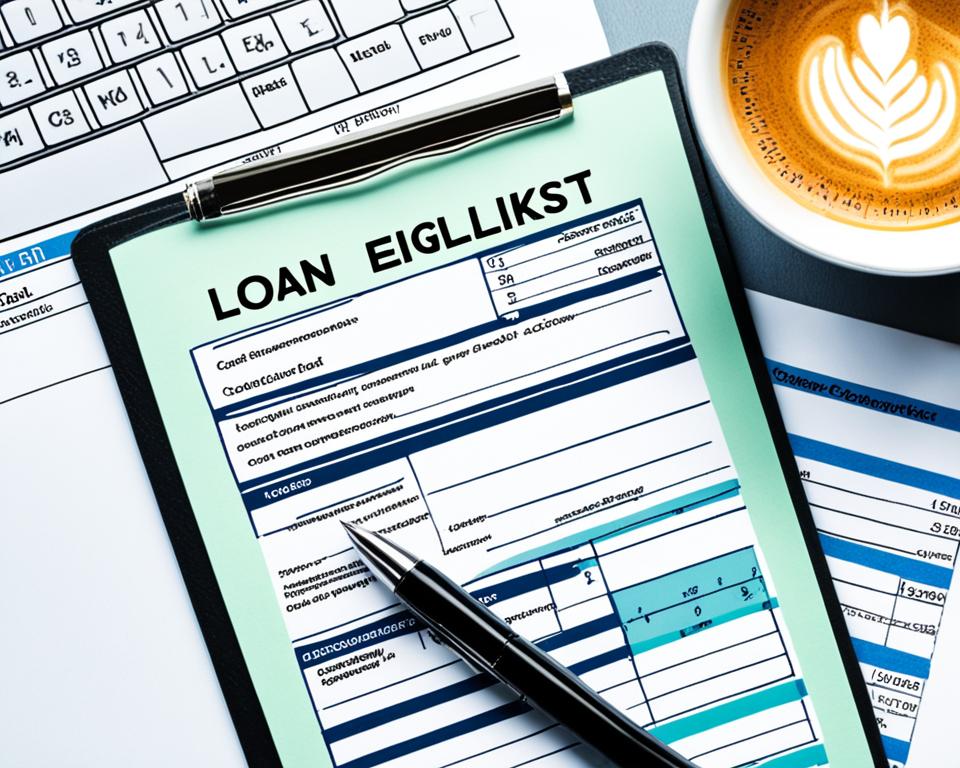Rushing into the Decision
Many individuals who are in the process of buying a property often find themselves rushing into the decision, driven by excitement or a fear of missing out. This impulsive approach can lead to regrettable consequences in the long run. Without taking the time to thoroughly evaluate the property and consider all the important factors, buyers may find themselves stuck with a property that does not meet their needs or expectations.
Taking the time to do proper research and due diligence is essential before making any real estate purchase. This includes conducting a thorough inspection, considering the location and neighborhood’s amenities, and evaluating the property’s potential for future expansion or renovations. Rushing into a decision without considering these factors can result in costly mistakes and potentially even financial strain in the future. Therefore, it is crucial to resist the urge to rush and instead make a well-informed decision that considers all the pertinent factors.
Ignoring the Neighborhood’s Quality
When searching for a new home, it’s easy to become enamored with the house itself and overlook the neighborhood’s quality. However, disregarding this crucial aspect can lead to unforeseen difficulties and frustrations down the line. The neighborhood sets the tone for daily living, so ignoring its quality is a decision that can impact your overall happiness and wellbeing.
One consequence of ignoring the neighborhood’s quality is a lack of amenities and services within close proximity. While a beautiful home may initially seem enticing, if it is situated in an area without essential amenities like grocery stores, schools, or recreational facilities, it can quickly become inconvenient and impractical. In addition, neglecting to research the neighborhood’s safety and crime rate can put you and your loved ones at risk, making it essential to consider these factors before making a decision. Ignoring the neighborhood’s quality can result in a mismatch between your lifestyle and the surroundings, ultimately overshadowing the appeal of the house itself.
Underestimating Maintenance and Repairs
Proper maintenance and timely repairs are crucial aspects of owning a property, yet they are often underestimated by potential homebuyers. It is common for individuals to focus on the aesthetics and immediate appeal of a home, overlooking the potential costs and efforts required to maintain its condition. This negligence can lead to unexpected financial burdens and unanticipated stress in the long run.
Neglecting maintenance and repairs can have detrimental effects on a property’s value and overall livability. From leaky roofs and plumbing issues to electrical problems, these are aspects that, if left unattended, can worsen over time and result in costly repairs down the line. It is essential for homebuyers to factor in these potential expenses and consider setting aside a portion of their budget for ongoing maintenance and unforeseen repairs. By doing so, they can ensure that their new property remains in good condition and retains its value, providing them with a comfortable and hassle-free living environment.
Overlooking Future Expansion or Renovation Possibilities
When it comes to buying a property, it is important to consider not only the immediate needs but also the future possibilities. Overlooking the potential for expansion or renovation can be a costly mistake that homeowners often regret later on. While a house may meet your current requirements, it is wise to evaluate how it can accommodate your needs and preferences in the long run.
One common oversight is disregarding the space available for future additions to the property. As your family grows or your lifestyle changes, you may find yourself craving additional rooms, such as a home office or a play area for children. By failing to consider the potential for expansion, you may limit your options and end up feeling constrained within the walls of your own home. Similarly, not taking into account the property’s layout and structural integrity may hinder your ability to carry out desired renovations in the future, leaving you feeling restricted and dissatisfied with your living space.
Failing to Consider the Resale Value
When purchasing a property, it is essential to not overlook the importance of considering the resale value. While you may have found your dream home, life is unpredictable, and circumstances can change. Failing to consider the potential resale value may result in difficulties down the line if you need to sell the property quickly or at a reasonable price. Market conditions, location, and the general appeal of the property are all factors that can significantly impact its resale value.
One common mistake is becoming too emotionally attached to a property and disregarding its potential appeal to future buyers. While personal preferences are important, it is essential to remember that not everyone will have the same tastes or needs. For example, a property with unique features that cater to specific interests or hobbies may have a limited audience, which can impact its resale value. Consequently, it is crucial to consider the broader market and ensure that the property has features and characteristics that will appeal to a wide range of potential buyers.
Another factor to consider is the location of the property. When purchasing a home, it is not only about the property itself but also about the surrounding neighborhood. A property located in a desirable area, with good schools, amenities, and low crime rates, is more likely to retain its value and be attractive to potential buyers in the future. On the other hand, a property in a declining or less sought-after neighborhood may present challenges when it comes to selling, impacting its overall resale value. Therefore, thoroughly researching the neighborhood and its long-term prospects is crucial before making a purchasing decision.
Not Conducting Proper Inspections
One critical mistake that many homebuyers make is not conducting proper inspections before finalizing their real estate purchase. It is crucial to thoroughly inspect the property’s condition to ensure that there are no hidden issues or potential risks. Failure to do so can lead to unexpected and costly repairs down the line.
Without a proper inspection, you may overlook structural problems, plumbing or electrical issues, or even signs of mold or pest infestation. These issues can significantly impact your living experience and potentially pose health risks. Hiring a licensed inspector can provide you with valuable insights into the property’s overall condition, alerting you to any potential issues that may need attention before you proceed with the purchase. Taking this step can save you from future headaches and costly repairs that could have otherwise been avoided.
Neglecting to Research the Property’s History
When purchasing a property, many potential buyers overlook the importance of researching its history. Failure to conduct thorough research on the property’s history can lead to unexpected issues and potential legal troubles down the line. Without a comprehensive understanding of the property’s past, buyers may be unaware of any liens, encumbrances, or legal disputes that may affect the property’s title.
Additionally, neglecting to research the property’s history can result in unpleasant surprises regarding previous construction work or renovations. Buyers may find themselves facing costly repairs or inadequate workmanship if they overlook this crucial step. By investing the time and effort to explore the property’s history, buyers can gain valuable insights into any previous issues or modifications, enabling them to make informed decisions and avoid potential pitfalls.
Overextending Financially
One of the most common mistakes that homebuyers make is overextending themselves financially. It’s easy to get caught up in the excitement of buying a new home and end up stretching your budget to the limit. However, this can lead to a lot of financial stress and even potential financial hardship down the road.
Overextending financially can have serious consequences. If you’re spending too much of your income on your mortgage payment, it may leave little room for other important expenses such as utilities, maintenance, or unexpected emergencies. Moreover, if you’re relying heavily on credit cards or loans to cover your monthly expenses, you may be putting yourself at risk of accruing excessive debt. It’s crucial to carefully evaluate your financial situation and set a realistic budget before committing to a home purchase.
Overlooking Potential Hidden Costs
When it comes to buying a property, it’s easy to get caught up in the excitement of finding the perfect home. However, in the rush to make a decision, many homebuyers often overlook the potential hidden costs of the property. These hidden costs can add up quickly and put a strain on your finances if you’re not prepared.
One common hidden cost that is often overlooked is the cost of insurance. Depending on the location and condition of the property, insurance premiums can vary greatly. It’s important to research and compare insurance options to ensure you’re getting the best rate possible. Additionally, don’t forget to factor in the cost of property taxes, which can vary from one area to another. These costs can fluctuate and have a significant impact on your monthly budget. Overlooking these potential hidden costs can lead to financial stress down the line, so it’s important to do your due diligence and consider all expenses before making a purchase.
Not Seeking Professional Advice
When it comes to making important decisions, seeking professional advice is often seen as a wise course of action. However, in the realm of property purchases, many individuals overlook the importance of seeking expert guidance. Countless people have found themselves in regrettable situations due to their failure to involve professionals in the decision-making process.
One of the key pitfalls of not seeking professional advice when buying a property is the potential for overlooking crucial details. Real estate professionals possess the knowledge and experience necessary to notice red flags that may escape the untrained eye. These experts can thoroughly evaluate the property, assess its value, and provide essential insight into any potential issues or concerns. By overlooking the value of professional guidance, individuals run the risk of making costly mistakes and facing unforeseen complications in the future.




